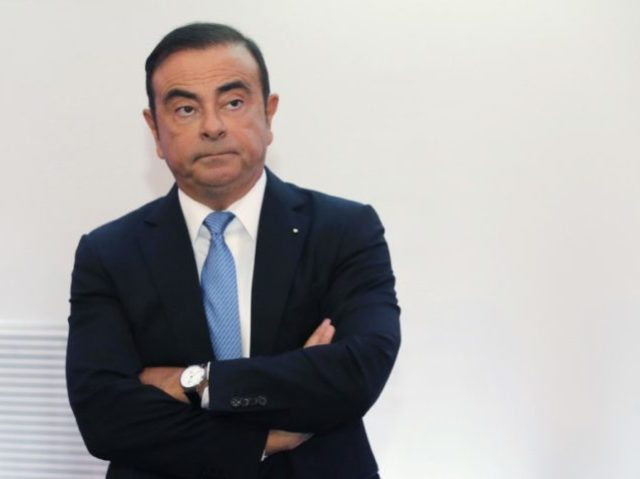The arrest of Carlos Ghosn in Japan marks more than the downfall of the auto industry’s most renowned leader. It brings down one of the world’s most influential globalists.
“If Davos were a person, it would be Carlos Ghosn,” Bloomberg Businessweek declared in a profile last year.
The 64 years old corporate titan was detained by police in Tokyo Monday after a probe by Nissan’s board of directors concluded that he allegedly underreported his compensation in securities filings and misused company assets and investment funds. Nissan is seeking to remove him as the company’s chairman. He is also the chairman of Mitsubishi and chairman and chief executive of Renault
In a stunning turn of events on Monday, Nissan Chief Executive Hiroto Saikawa sharply criticized his mentor at a press conference.
“From a governance perspective, it was a problem to have so much power concentrated in one person,” Saikawa said.
Ghosn originally made his name by turning around Nissan, becoming the first non-Japanese to lead a Japanese car company. He then became the architect of the alliance between Nissan and France’s Renault. While many critics doubted the alliance between the two culturally very different companies could be made to work, it is now widely seen as a huge success. Later, Ghosn added Mitsubishi to the automaker alliance.
Investors had been hoping that the alliance would eventually result in a formal merger of the three companies–a prospect that now seems unlikely due to Ghosn’s downfall.
“Ghosn, 63, was born in Brazil, raised in Lebanon, and educated in France. He proudly calls himself a citizen of the world,” Bloomberg reported in its 2017 profile. “Ghosn represents the species [of Davos Man] in its purest form.”
From Bloomberg:
Politics. That’s something to work through, he says, and to transcend. A man in his position, Ghosn says, changes the world by creating opportunities through globalization, which he describes as an ultimately benevolent law of nature, and fighting it makes about as much sense as declaring a war on gravity. But as the income gap between executives and workers has widened, and import competition has chipped away at manufacturing jobs in developed countries, globalization’s downsides have become increasingly apparent. Ghosn doesn’t dismiss those effects as make-believe, and he says the backlash might eventually result in corrections that bring about a more human brand of globalization. That said, he’s convinced that none of the criticisms can negate a larger truth: No force in history has done more economic or societal good than the world-encircling flow of goods, money, and culture. Brexit, the election of Trump, and the rise of antitrade populism are all very small bumps on a very long road.
Davos Man plans to outlast them all.
That now appears to be very unlikely.
Indeed, the global automaker alliance that was to be his legacy is now very much in doubt. He was the “glue that held the alliance together,” the Wall Street Journal reported Monday.

COMMENTS
Please let us know if you're having issues with commenting.